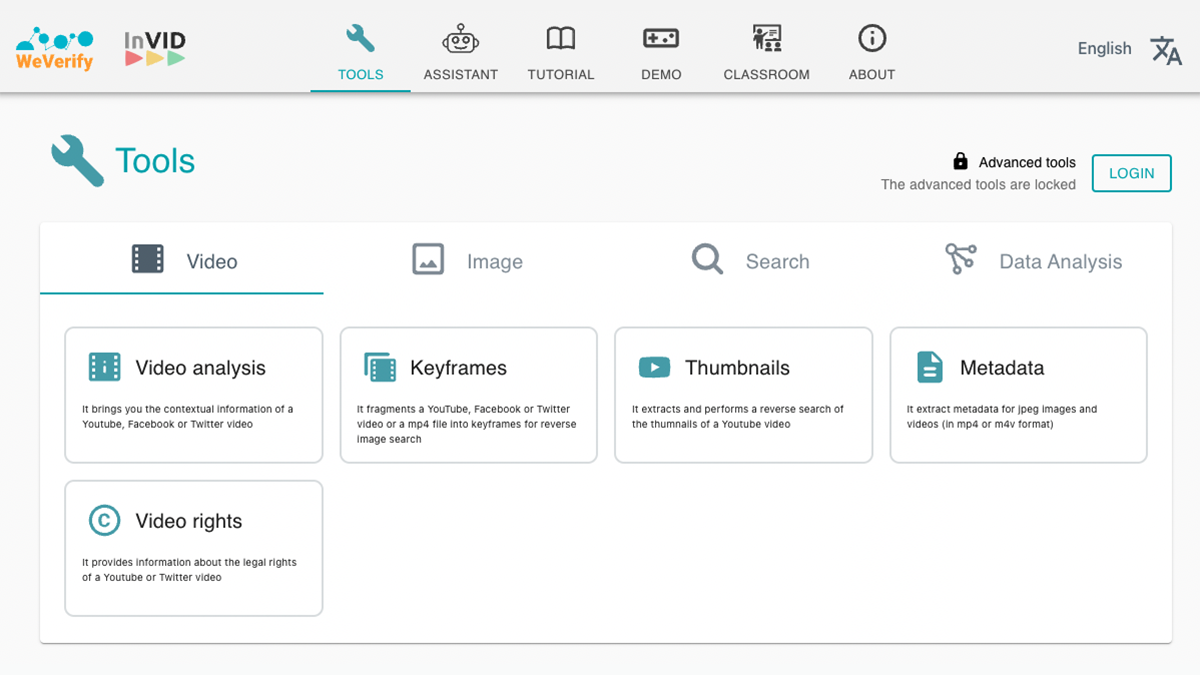
News
How to verify videos
Videos can present a difficult challenge for verification when you aren’t receiving them from a trusted source.
Helping readers make sense of digital news
The art and science of designing for understanding On Twitter, when you share a five-year-old story from The Guardian, two interesting things happen. First, at the bottom of the included image, an overlaid tag declares the story is “from 2016.” And second, in some cases, next to the tag is a section name, “Opinions.” The … Continued
Using feedback to build a better product for photographers
A large part of building the PhotoPhare platform is rooted in creating a good experience for visual journalists.
Should you buy a refurbished drone for Christmas?
Refurbs can come with substantial savings, but check the warranty policies.
Here’s how we’re putting together the pieces for Detroit development tracker
For the last six months, Detour Detroit has worked to build the Detroit Development Tracker, a tool that will allow the public to monitor large property development, see changes in their neighborhoods and get more engaged with the development process.
What makes a conversation between community members and journalists impactful?
Our lessons will go into a toolkit for newsrooms to foster conversation and relationships.
Repurposing with purpose: The remarkable versatility of animation
Discussions with newsrooms interested in expanding their use of animation consistently emphasize the need for visual content that is neutral in its branding.
RJI and Tiny News Collective open founders applications
We are funding three founders who want to build newsrooms in communities who need them.
Announcing the Upward coaching cohort
Six rising leaders of color will focus on creating impact and culture change in their organizations.
How to avoid publishing misleading photos
One of the many challenges journalists face in the misinformation crisis is in images. As storytellers, we circulate an enormous number of images daily — online, in print, and on TV. This gives us a large risk for inadvertently spreading misinformation through inaccurate or misleading photos.









